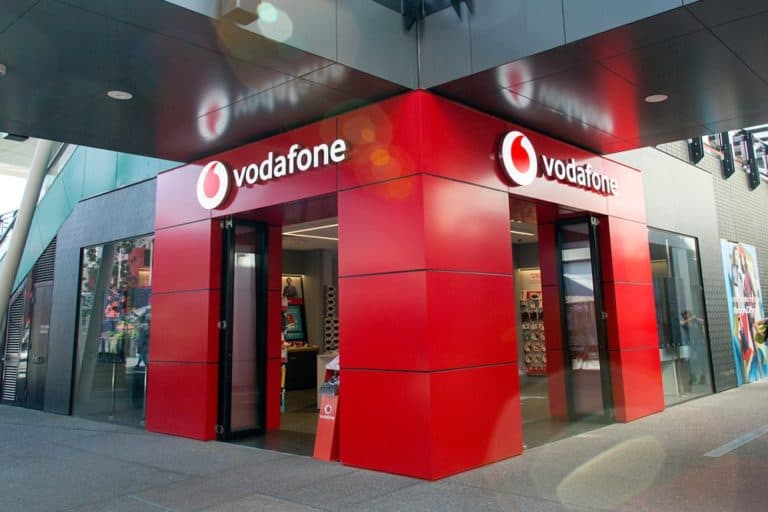The project will be powered by a new R&D centre in Malaga, Spain
Vodafone has teamed up with Intel and other silicon vendors to design its own chip architecture for nascent OpenRAN network technology, according to a report in Reuters. The partnership aims to weaken the grip of traditional telecoms equipment suppliers, the report says.
OpenRAN allows operators to mix and match suppliers in their radio networks, posing a challenge to the likes of Ericsson Huawei and Nokia that dominate the global telecoms equipment market with their proprietary technologies.
Fifty people dedicated to OpenRAN will join 650 software engineers, architects and technicians in the Spanish city, where the British company is investing 225 million euros over five years.
OpenRAN will allow operators to mix and match suppliers in their radio networks, aiming to weaken the grip Ericsson ERICb.ST, Huawei and Nokia NOKIA.HE have on the global telecom equipment market with their proprietary technologies.
It creates interoperability between the software and hardware components of the radio access network, widening the pool of suppliers and lowering the barrier of entry.
The goal: optimise the network using AI
Vodafone’s director of network architecture Santiago Tenorio said OpenRAN would enable the mobile operator to quickly add new digital services. The new project will also help to optimise networks using AI.
“It will bring disruptive innovation back to the network,” he said.
OpenRAN creates interoperability between the software and hardware components of the radio access network. This widens the pool of suppliers and lowering the barrier of entry.
Vodafone switched on Britain’s first 5G OpenRAN site carrying live customer traffic in Bath, western England, earlier this month. That kicked off a deployment that will number 2,500 sites by 2027.
The R&D centre is the first dedicated to advancing OpenRAN chip architecture. It will bring 50 people dedicated to OpenRAN together with 650 software engineers, architects and technicians. Malaga is where Vodafone is investing 225 million euros ($251 million) over five years. It opens on Monday.
Tenorio said Vodafone would design silicon for ARM and RISC-V instruction sets as well as Intel x86. He added that Intel was up to three years ahead of rivals and had already played a key role in OpenRAN’s development.
About 20 other vendors have joined the project, including Qualcomm, Broadcom (ARM and Lime Microsystems. Half of the total come from Europe, the company said.
